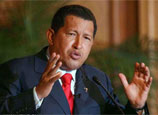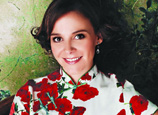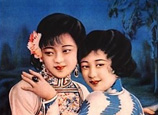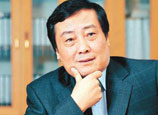
'Thick, black philosophy'
Party leaders - from Mao Zedong to Deng Xiaoping to Jiang Zemin - have always called for cadres to keep studying, according to Cai.
"But it is still a problem within the Party and the government. During the opening ceremony, Xi commented that 'cadres spend so little time studying and so much time playing'", she said.
She added that many officials read books on how to deal with colleagues in the workplace and climb the political ladder, a concept known in Chinese as hou hei xue, often translated as "thick, black philosophy".
It was a widespread phenomenon in the 1990s and early 2000s. It is not all that overt nowadays, but many officials still study how to gain promotion by flattering the leaders rather than by improving their own abilities, said Cai.
"Why is that? We should reform the personnel-evaluation system. If those who bribe get promoted instead of those who study and work hard, then the officials will lack the motivation to learn authentic skills and serve the people," she said.
"If it doesn't change, reading books recommended by the leaders will simply be another chance to be sycophantic rather than an opportunity to learn something."
Zhen, from the Central Institute of Socialism, said the popularity of hou hei xue reflects a lingering strain of feudal thought in Chinese society.
"In a feudal society, it is more about autocracy and power tactics, while in a modern and democratic society politics is more open and transparent, and a system in which you have to win people's trust to win the post," she said. "From this perspective, we have to continue to improve our electoral system and we will require more political reform if we want to see off the hou hei xue."
Contact the writer at tangyue@chinadaily.com.cn
Yang Wanli and Cui Jia contributed to this story.

















 Missing baby killed in Changchun | Photos: Local residents mourn for killed baby
Missing baby killed in Changchun | Photos: Local residents mourn for killed baby


![]()
